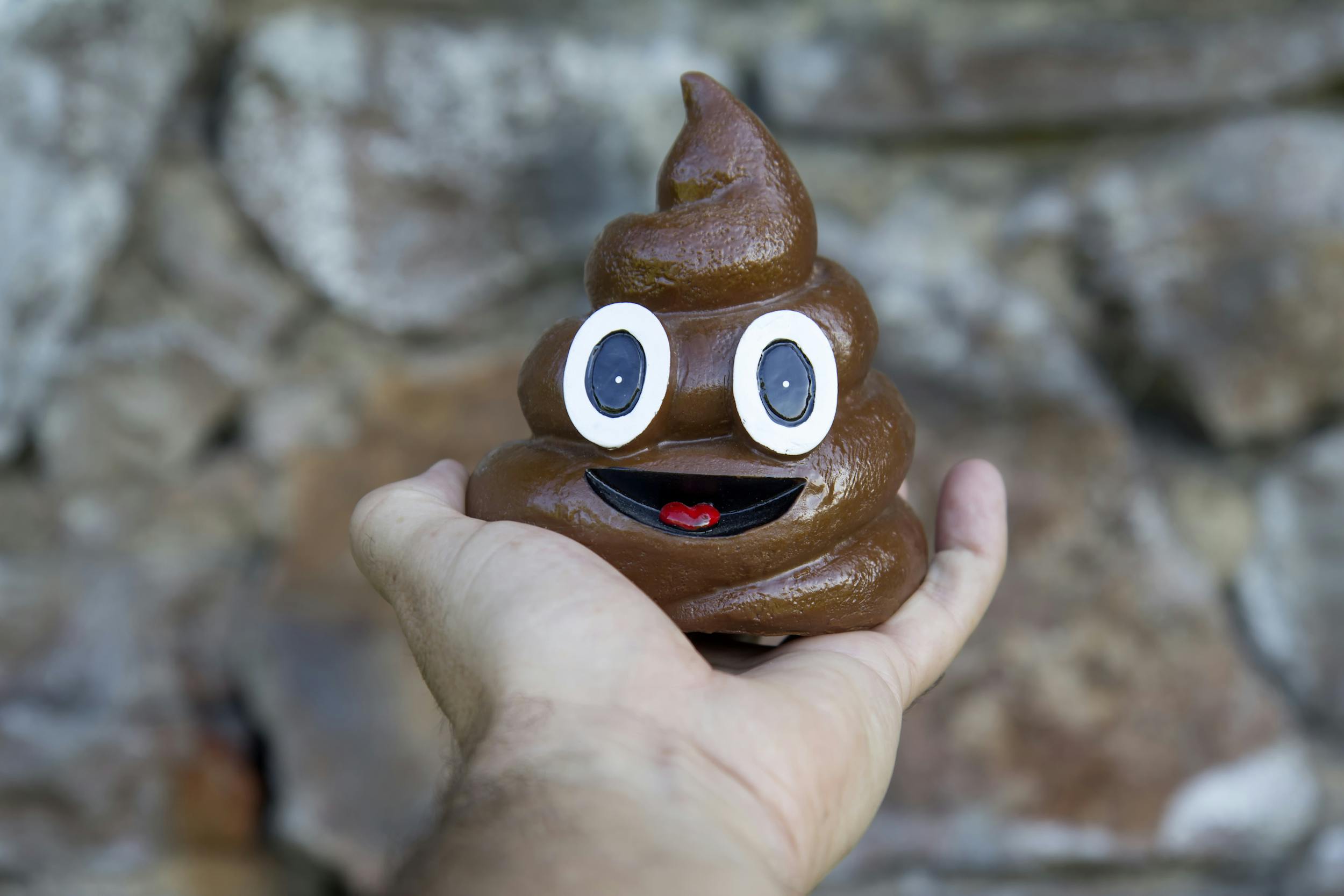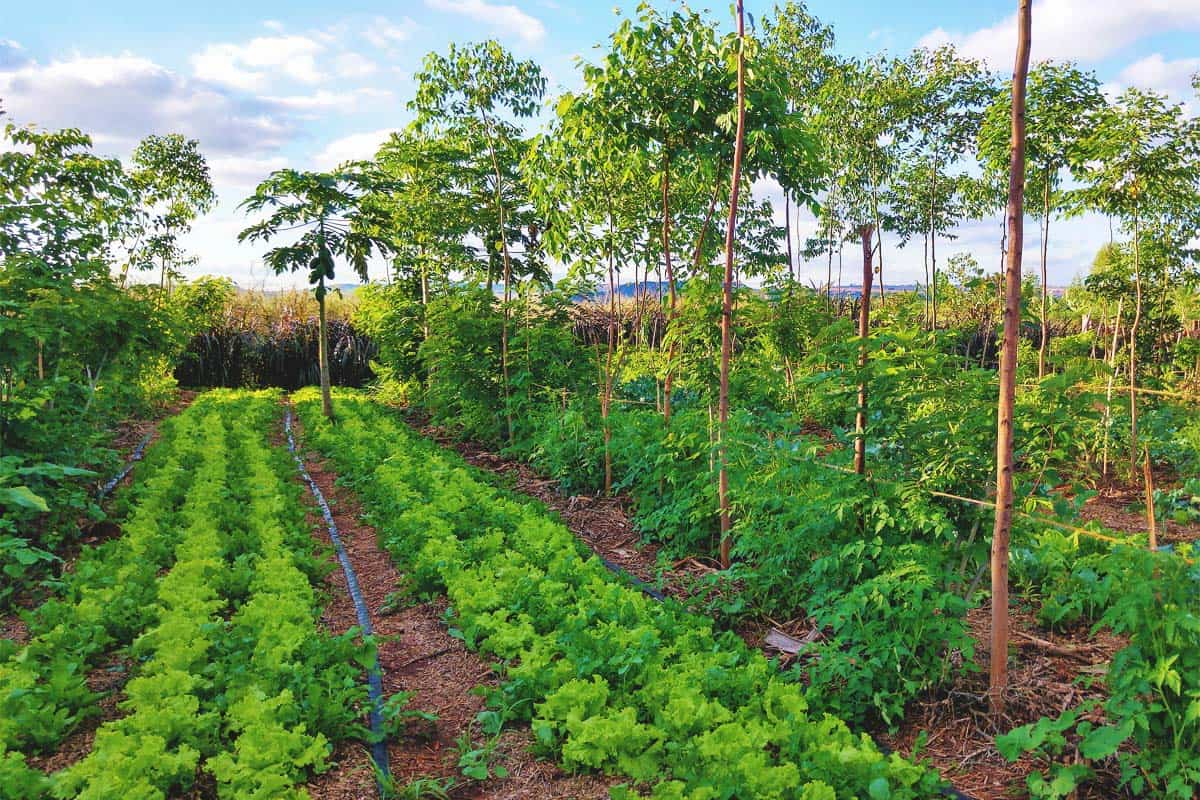
Talking about poop might make some squirm, but it's a topic ripe with fascinating insights into health, diet, and the environment. Feces are more than just waste; they're a window into the workings of our bodies and the animal kingdom. From the role of poop in ecosystems to its potential in medical research, there's a lot to uncover. Did you know, for instance, that the color, consistency, and smell of your stool can reveal much about your health? Or that animal feces are crucial for seed dispersal and soil fertility? Let's dive into the world of waste and discover 15 surprising facts about feces. This journey might change how you view this often-taboo topic, revealing its importance in nature and science.
What is Feces?
Feces, also known as stool, is the waste matter expelled from the bowels after digestion. It's a natural part of life, but there's more to it than meets the eye. Here are some fascinating facts about feces that might surprise you.
-
Feces Composition: Feces is made up of about 75% water. The remaining 25% consists of dead bacteria, indigestible food matter, fats, inorganic substances, and protein.
-
Color Variations: The color of feces can vary based on diet and health. Typically, it ranges from brown to green. Brown color comes from bile and bilirubin, which are produced by the liver.
-
Bacteria Content: A single gram of feces contains around 100 billion bacteria. These bacteria play a crucial role in digestion and maintaining gut health.
The Digestive Process
Understanding the journey of food through the digestive system can shed light on how feces is formed. Here are some key points about this process.
-
Digestion Duration: It takes about 24 to 72 hours for food to travel through the digestive tract and become feces. This time can vary based on the type of food and individual digestive health.
-
Fiber's Role: Dietary fiber is essential for healthy digestion. It adds bulk to the stool and helps it pass more easily through the intestines.
-
Gas Production: During digestion, bacteria in the intestines break down food, producing gases like methane and hydrogen. This process can lead to flatulence.
Health Indicators
Feces can provide valuable insights into one's health. Here are some indicators to watch for.
-
Consistency Matters: The consistency of feces can indicate digestive health. Ideal stool is soft and easy to pass. Hard, dry stool may suggest dehydration or a lack of fiber.
-
Frequency: Normal bowel movement frequency varies from person to person. Anywhere from three times a day to three times a week is considered normal.
-
Odor: The smell of feces is influenced by bacteria and the foods consumed. While it's naturally unpleasant, extremely foul-smelling stool can indicate an infection or digestive disorder.
Animal Feces
Animal feces can be quite different from human feces. Here are some interesting facts about animal droppings.
-
Rabbit Pellets: Rabbits produce two types of feces: hard pellets and soft cecotropes. They eat the cecotropes to re-digest nutrients.
-
Wombat Cubes: Wombats have cube-shaped feces. This unique shape prevents their droppings from rolling away, helping them mark their territory.
-
Guano: Bat and seabird feces, known as guano, are rich in nutrients and used as fertilizer. Guano has been a valuable resource for agriculture.
Historical and Cultural Aspects
Feces has played a role in various cultures and historical contexts. Here are some intriguing facts.
-
Ancient Toilets: The oldest known toilets date back to around 4,000 years ago in ancient Mesopotamia. These early toilets were simple pits or holes in the ground.
-
Medicinal Uses: In ancient China, dried feces were used in traditional medicine to treat various ailments. This practice, known as "yellow soup," was believed to have healing properties.
-
Modern Research: Fecal transplants are a modern medical procedure used to treat certain gut infections. Healthy feces from a donor are transplanted into a patient's intestines to restore healthy bacteria balance.
A Final Scoop on Feces Facts
Well, there you go! We've scooped through the ins and outs of feces, uncovering some truly fascinating facts. From its role in ecosystems as a fertilizer to its potential in medical diagnostics and energy production, poop's importance can't be overstated. Sure, it might seem a bit odd at first glance to dive deep into such a topic, but knowledge about our own waste and that of other creatures offers invaluable insights into health, environmental science, and even technology. Remember, every time you flush, there's a whole world of science and potential going down with it. So, next time you're about to dismiss poop as just waste, think again. It's a complex subject, rich with opportunities for learning and innovation.
Was this page helpful?
Our commitment to delivering trustworthy and engaging content is at the heart of what we do. Each fact on our site is contributed by real users like you, bringing a wealth of diverse insights and information. To ensure the highest standards of accuracy and reliability, our dedicated editors meticulously review each submission. This process guarantees that the facts we share are not only fascinating but also credible. Trust in our commitment to quality and authenticity as you explore and learn with us.


